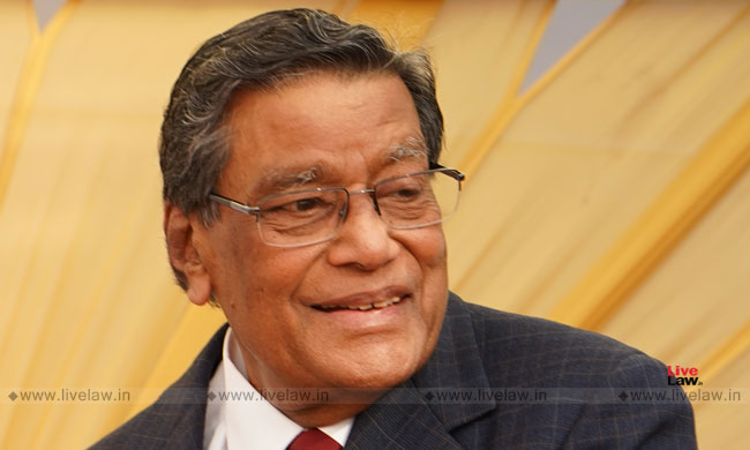Speaking at the Constitution Day function organised by the Supreme Court, AG K. K. Venugopal has suggested to create four benches Of Court Of Appeal with 15 Judges each sitting across the country to reduce the burden of Supreme Court "The Supreme Court is the apex court of the country and it should be dealing with only matters of national and constitutional importance. However, at present we...

